The most important interview question you’re (not) asking
Have you ever been excited about a new employee, only to be unpleasantly surprised when you later discovered that person’s true colors? They appeared to have a high aptitude for customer service, but – as it turned out – your favorable impression was inaccurate. You’re not alone. It happens to all of us.
The U.S. Department of Labor estimates that the average cost of a bad hiring decision can equal 30% of the first year’s potential earnings. By now, you’ve probably seen similar stats, or perhaps even more alarming numbers. Numbers aside, the costly effects of a bad hire are more than monetary. The ramifications on your internal culture and your external brand can cut deep.
The power of one
Your front-line people are the “face” of your business. Your company’s image and its reputation are made up of countless “moments of truth.” Whether that next customer has a positive or negative experience with that one person on the front line, customers walk away feeling something, and sharing about their experience. And they’re using words like, “they/them/those people.” For that customer, your entire enterprise is represented by the person they just interacted with. This is the power of one.
Many leaders would rather remain ignorant to all of this. They want to bury their heads in the sand, crying: “There’s nothing we can do about it. Every company has a few ‘bad apples.’ We can’t possibly have eyes everywhere. It’s just so hard to find good people these days!”
It doesn’t have to be that way …
Size doesn’t matter. If huge companies like Disney, Nordstrom and Apple can consistently deliver a remarkable customer experience by first carefully screening the thousands of potential employees who pass through their doors each year, then so can you. Not only do these companies have a deliberate onboarding process, they further invest time, energy and resources in early and ongoing training. Moreover, they understand that everything begins with smart hiring. They say “yes” to only those who possess the innate ability to connect with customers, empathize, and consistently leave their customers feeling taken care of. Companies like these prove that great customer service is in fact scalable. So, if your company is any smaller than Disney, Nordstrom, or Apple, this should be a piece of cake for you…
“Going with your gut”
I’ve worked for corporations both small and large and one thing has always amazed me: I’ve seen far too many hiring managers winging it. Perhaps you’ve even heard someone say, “I just interviewed this guy and I think he’d be a good fit. Go and chat with him and tell me what you think.”
So, what’s missing from the “wing-it” model of interviewing/hiring?
- Behavioral/personality assessments are rarely administered. When they are, it’s even more unlikely to see them used specifically to identify a candidate’s aptitude for customer service
- Employers ask uninspiring interview questions and don’t invite enough stories from candidates
- Interviewers do too much of the talking, meaning they aren’t listening nearly enough
On the other hand, even structured interviews are often outdated in their approach and effectiveness. It’s time to get more creative. Just because you’ve “always done it that way,” doesn’t mean you have to keep doing it that same old way…
The ultimate interview question
I spent eight of my earliest professional years in the hospitality industry (hotels and mostly restaurants). John, one of my longtime restaurateur friends, shared with me what I believe to be the ultimate interview question. It’s one of the most valuable, most telling, and most dynamic – yet simple – questions I’ve ever heard or had the great fortune of administering.
Here’s how it works: Let’s say the candidate’s name was Lena and she was interviewing for any position in his restaurant. John would ask her, “Imagine that the sign out front said, ‘Lena’s Place.’ Now walk me through what the guest’s experience would look like – from the moment they landed on your web site, called and spoke to a team member, and ultimately entered your establishment … to the moment they drove away.”
In other words, he was asking the candidate to paint a picture of ownership. That process naturally taps the imagination and helps to activate a story. That story could be so compelling that it had him envisioning the person’s fast-track trajectory into leadership – or so lackluster that he’d find no reason to continue the interview.
And no matter what kind of business you run – restaurant, boutique, consulting company, professional services firm, online retailer, etc. – this question will uncover much about a would-be employee’s awareness, their priorities and their capacity for delivering impeccable customer service.
Your Turn
What’s the best interview question you’ve ever heard or used?


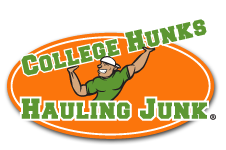





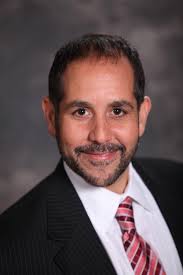
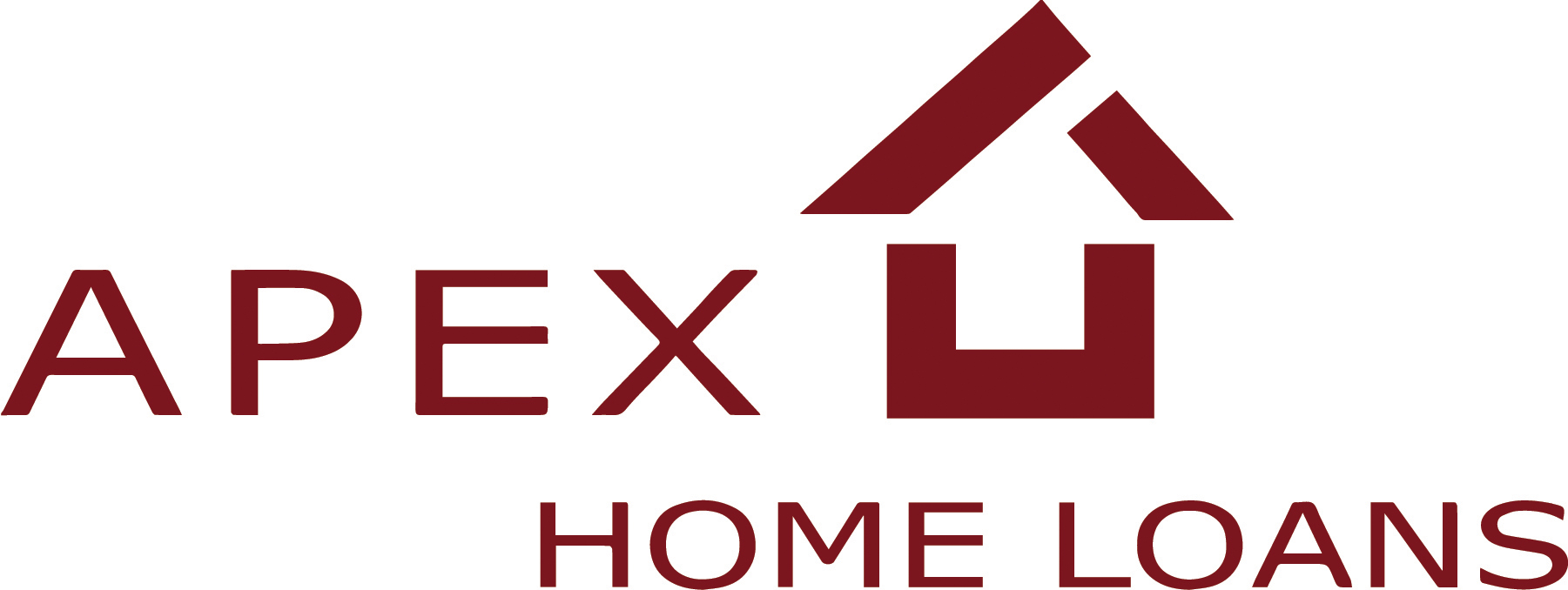

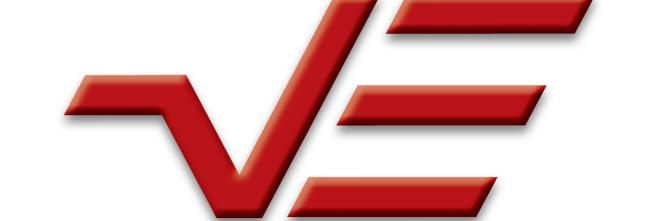




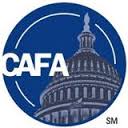
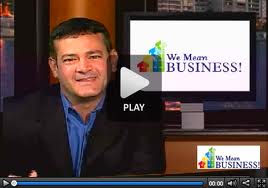

Excellent points Steve, we often hire to fill a space that we’re having to cover, in hopes that it will ease that pain. As you’ve pointed out, we’re actually creating a BIGGER pain down the road if that employee isn’t really a match for our company.
In my industry, we get a lot of “drive by” applicants, and one of my telling questions is “What do you know about Chef Tony’s?”…simple but if they can’t really tell me some details about our concept, I see that we’re just another door they popped in and dropped off a resume…
Great questions, Steve and Tony. I am a fan of the Chronological In-Depth Structured interview (CIDS) by Brad Smart, author of TopGrading. The key is starting with the first job the candidate has ever had, no matter how informal, and asking a set of structured basic question- (key challenges, why they left, what they suppose the supervisor would have said were their strengths and weaknesses at the time, what they enjoyed about the job, etc.), because this paints a story picture of how the candidate developed, it tells you about their work ethic, their world view, and motivation to work. For the younger person with little employment history, I would include experiences from school projects, fund raising, household chores, etc.
Thank you for sharing a great book recommendation, Edwards.